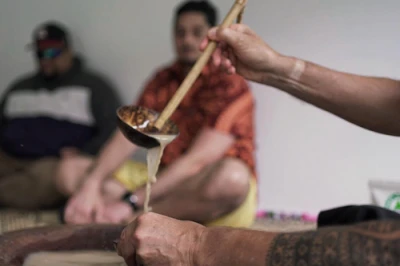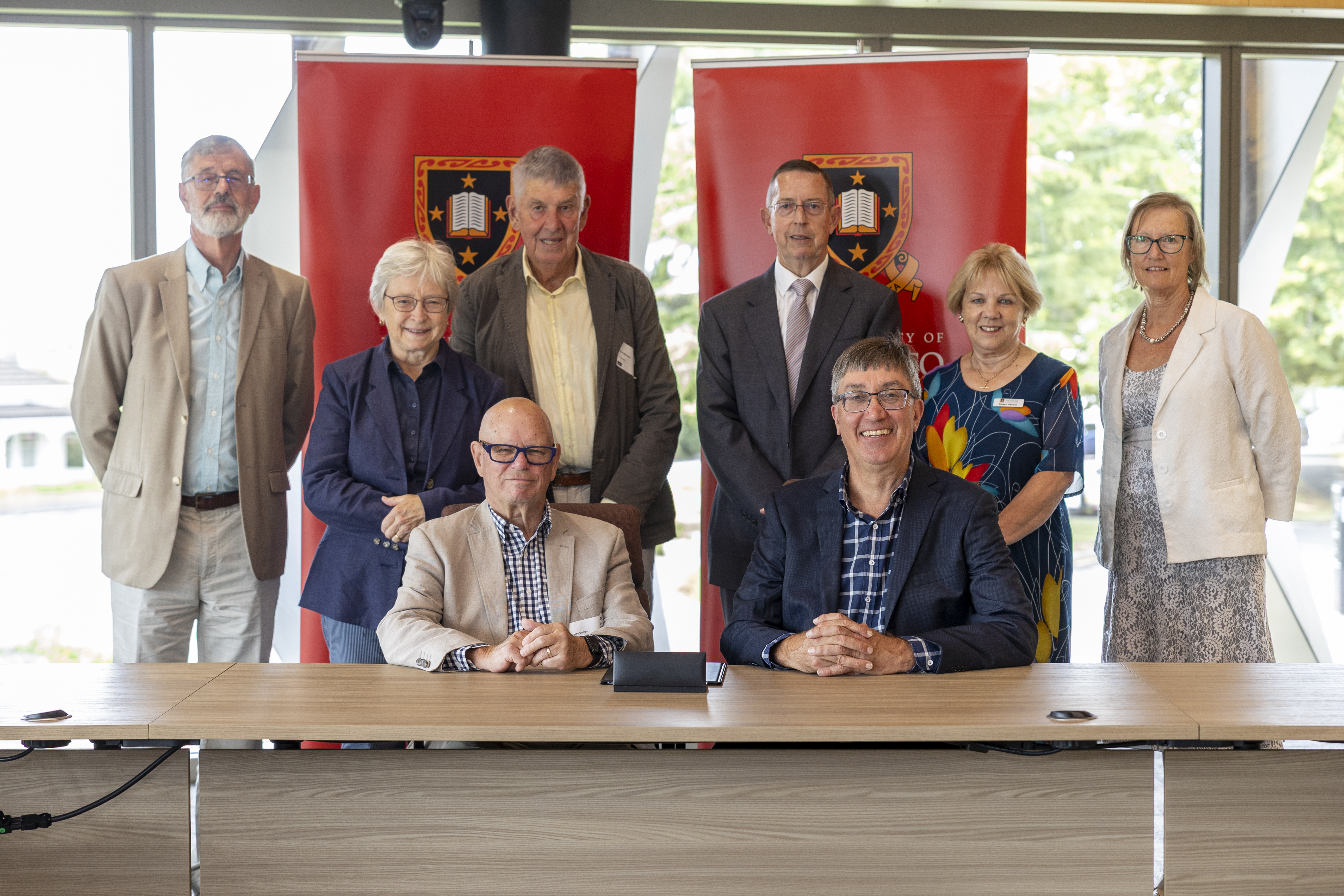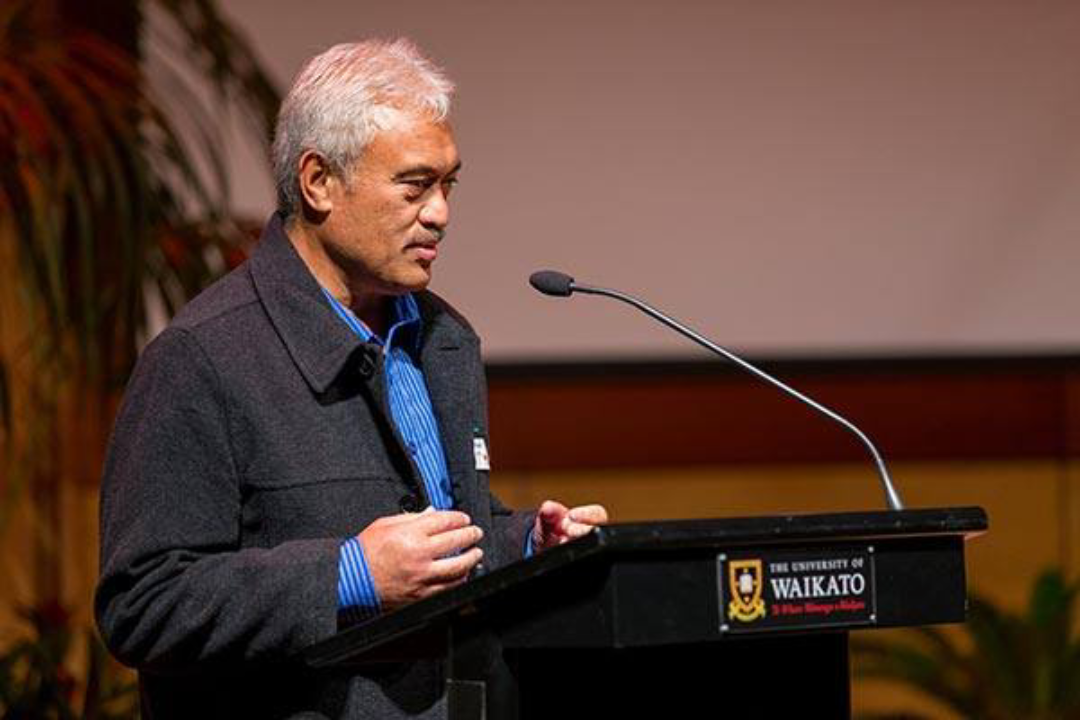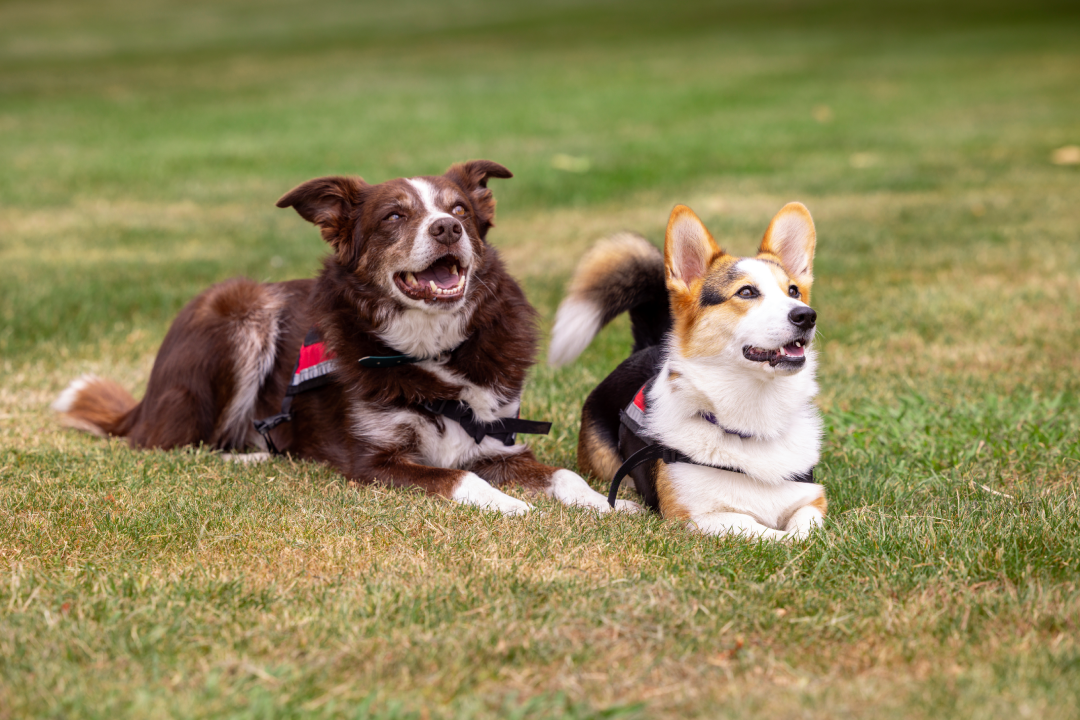
Photo Credit: Todd M. Henry
University of Waikato Pacific health researcher Dr Apo Aporosa has been awarded a Health Research Council grant to advance kava research to clinical trials. The grant of $997,453.00 will see him co-lead a team evaluating the efficacy of traditionally influenced kava use spaces as a therapeutic environment for reducing post-traumatic stress disorder (PTSD) symptoms.
“Reaching the clinical trial stage is momentous, and this is an important step towards having traditional kava-use settings recognised as sites of trauma therapy.”
New Zealand mirrors global concerns regarding PTSD, with approximately 10% of people experiencing PTSD in their lifetime. Particularly alarming are the statistics among our first responders—police, firefighters, and paramedics—where New Zealand Police have reported that half of serving officers have ‘significant PTSD symptoms’. The prevalence of PTSD among post-combat soldiers has been described as an 'epidemic'.
The World Health Organisation has recognised the high levels of PTSD in New Zealand and that globally it is a significant burden on people, healthcare systems and economies.
“Every highly experienced first responder who resigns due to PTSD takes with them needed experience and specialist knowledge. It’s particularly unjust that those who protect and serve us are often left with a lifelong legacy of PTSD.”
Dr Aporosa’s first-hand experience of PTSD from his prior work as a soldier and police officer led him to academia to research more effective methods for addressing trauma. It was within his own Fijian culture he realised the potential of kava as a treatment.
“We know many Western psychiatric treatments for severe PTSD, particularly the use of medications, have limited long-term effects. This has led to international calls to identify new and innovative therapeutic approaches."
This study takes a unique approach, using traditional kava consumption settings where attendees engage in ‘talanoa’, a form of discussion that underpins gatherings and socialisation for Pacific peoples.
“Kava is arguably our [Pacific] most dominant icon of identity, and it has mana. It relaxes the body with minimal impact on cognitive function and mental clarity.”
“It appears kava’s relaxing effects facilitate quality discussion and help mitigate common avoidance behaviours linked to PTSD – the need to avoid or ‘run away’ from the uncomfortable feelings associated with discussing traumatic events. The associated talk around the kava bowl then provides a safe and comfortable forum to unpack that trauma.”
In 2022 Dr Aporosa won a Fulbright Scholarship to investigate the use of kava with returned combat soldiers, extending work he had done with Fijians in the UK military.
“We know from the research that kava reduces anxiety and promotes sleep quality, but those studies used tablets containing extracts of kava, something vastly different to traditional kava use in a communal setting..”
The clinical trials are a crucial milestone in validating the US and UK work based on self-reports by military personnel with PTSD. The research team will recruit 60 people (70% Pacific) who are first responders, Corrections officers, or post-combat military personnel diagnosed with PTSD.
“A lot of PTSD therapy is done one-on-one with a therapist. Our approach is group-based and underpinned by Pacific traditional knowledge and values.”
The trial participants will be required to undertake regular interviews and tests with psychometric tools to determine the intervention's safety, efficacy, and potential benefits.
“I’m not suggesting this is the ‘magic bullet’, but I have worked with many who report significant positive change from this culturally based approach to trauma therapy. Trialling will help us understand what is going on at the clinical level, from which we can develop a manual for ease of replication.”
The clinical trials and analysis will run across three years. The trial is co-led by Poutumatua, Associate Professor at Te Huataki Waiora - School of Health, Dr Sione Vaka. The team is rounded out with clinical psychologists Dr Julia Ioane, Dr Chris Murray and Dr Jan Prosser, and PhD student Anau Mesui-Henry who will start at the University in early 2024.



